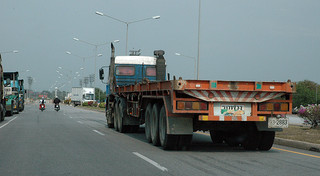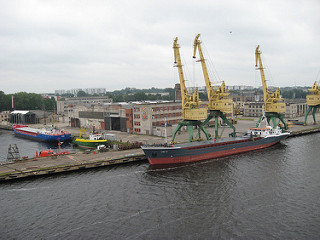The Modern Slavery Bill will Reform UK Supply Chains

Businesses often don’t take the time to research the small details of their logistics and manufacturing. They make decisions based on costs projected by their vendors and subcontractors. This means vendors have been able to get away with practices that are not acceptable, such as slavery.
This article is for Premium Members only. Please login below to read the rest of this article.
Not a Premium Member yet? Become one today.
[login_form redirect=’https://www.procurementbulletin.com/the-modern-slavery-bill-will-reform-uk-supply-chains’]
[show_to accesslevel=’Premium Members’]
Baroness Butler-Sloss reported at a Westminster Legal Policy Forum that the UK has between 13,000 and 15,000 slaves in their supply chains. The Modern Slavery Bill aims to end all that. The bill is going through Parliament right now and is expected to be law by February.
There is a transparency clause in the bill requiring large firms to show proof that their supply chains are slavery free. However, there is not a defined threshold for determining a “large firm” yet or the exact details of what needs to be reported. In order for the Modern Slavery Bill to be successful, Parliament also needs to come up with a way of enforcing it. One possible answer is to give this job to the anti-slavery commissioner who would review the reports of all large firms. However, the commissioner would need some support because the role is currently limited to prosecutions.
Large firms will have to take action to find out who produces their goods at a low level. They must research where their materials come from, how their goods are transported, and who is responsible for producing their goods. Simply reporting the name of a subcontractor or vendor is not sufficient. If any form of slavery is found in these large firms’ supply chains, they must make reforms to be slavery free.
There is major concern about the government getting involved in the assessment portion of the Modern Slavery Bill because it will affect approximately 10,600 firms and cost millions. However, eliminating slavery in UK supply chains is important.[/show_to]






